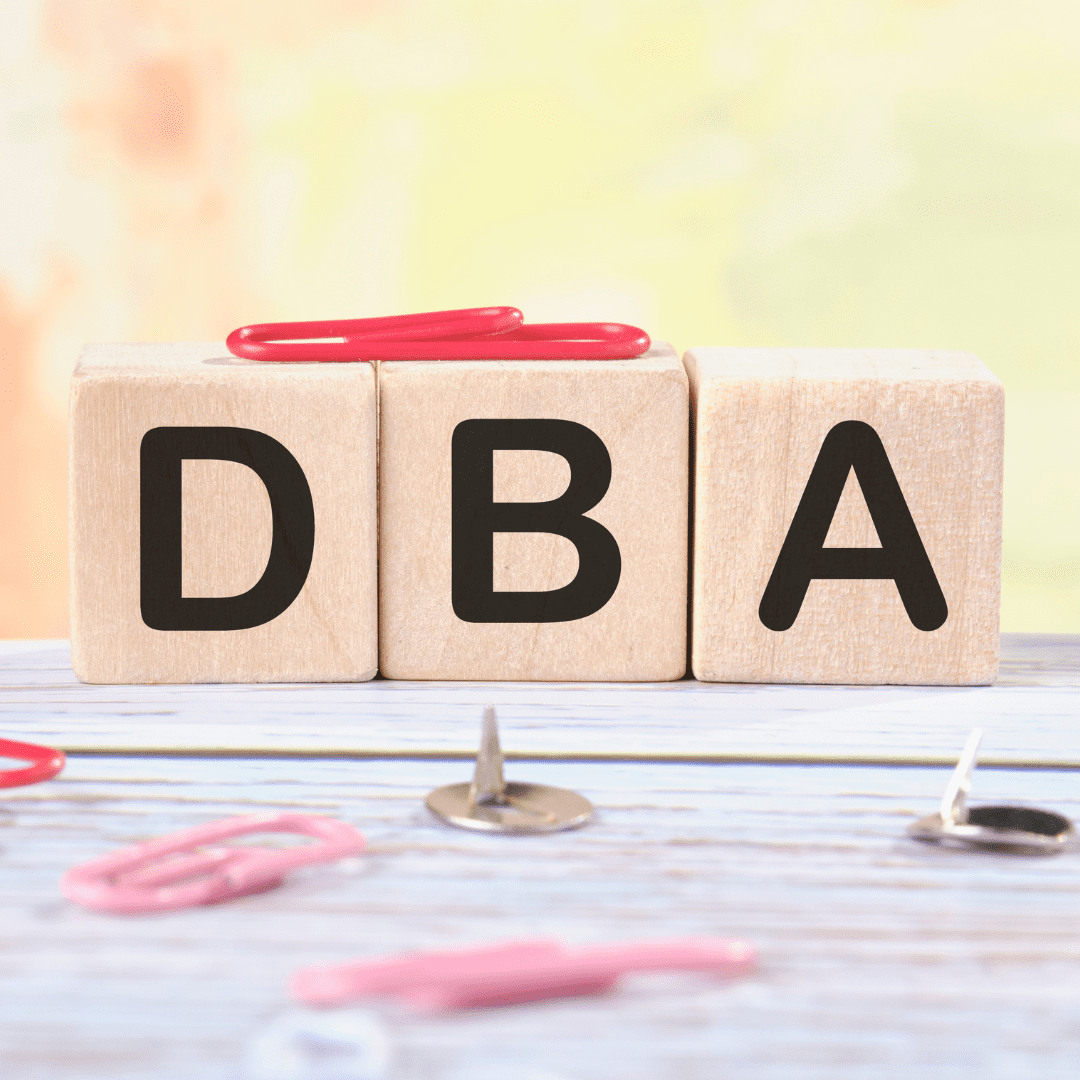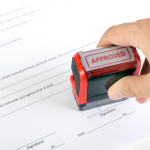Doing Business As (DBA): Understanding and Registering a Fictitious Business Name
Doing business as (DBA) filings-Starting a business comes with various legal considerations, and one crucial aspect is understanding Doing Business As (DBA). Whether you’re a sole proprietor, partner in a business, or part of a corporation, grasping the concept of DBA is essential. This comprehensive guide will walk you through the fundamentals of DBA, why it’s important, and the steps involved in registering a fictitious business name.
What Is DBA (Doing Business As)?
Definition and Purpose
DBA, an acronym for “doing business as,” also referred to as an assumed name, trade name, or fictitious name, allows a business to operate under a name other than its legal, registered name.
Creating a Distinct Identity Doing business as (DBA) filings
DBA provides businesses with a distinct identity beyond the personal or legal entity’s name. For instance, Laura Smith can establish her tech repair business as “Laura’s Tech Repair Shop” through DBA registration.
Why Use a DBA?
1. Establishing Identity
DBA grants a business a unique identity beyond personal or legal names, aiding in brand recognition and differentiation in the market.
2. Legal Compliance
Depending on business structure and location, filing for a DBA might be legally required to ensure transparency and consumer protection.
Who Needs a DBA?
1. Sole Proprietorships and Partnerships
Owners of sole proprietorships or partnerships often require a DBA to operate under a name other than their personal or partner’s legal name.
2. Corporations
Corporations may need a DBA if they operate under names other than their official corporate name, though incorporation documents typically serve a similar purpose.
How to Register a DBA: Step-by-Step Guide – Doing business as (DBA) filings
1. Choose Your Location
Decide where to register your DBA, usually at the county level, and check local requirements and fees.
2. Check Name Availability
Ensure your desired DBA name is available and not in use, avoiding names that infringe on trademarks or mislead consumers.
3. Register with the State
File necessary paperwork with the appropriate authority, such as the county clerk or state agency, and pay the registration fee.
4. Publish a Notice (if required)
Some states mandate publishing a notice of your DBA in a local newspaper for a specified period; ensure compliance with any publication requirements.
5. Notify Relevant Entities
Inform your bank about your DBA to open a business account, and update licenses, permits, contracts, and other business-related documents.
FAQs (Frequently Asked Questions)
-
-
- Is registering a DBA mandatory for all businesses?
- No, the necessity of a DBA depends on the business structure and location. Sole proprietorships, partnerships, and corporations may require a DBA under certain circumstances.
- Can I change my DBA name after registration?
- Yes, you can typically change your DBA name by filing an amendment with the appropriate authority and paying any required fees.
- How long does it take to register a DBA?
- The timeframe for registering a DBA varies depending on the jurisdiction and processing times of the relevant authorities.
- Are there restrictions on DBA names?
- Yes, DBA names must comply with local regulations, avoiding names that infringe on trademarks, mislead consumers, or violate any other legal provisions.
- Do I need a lawyer to register a DBA?
- While legal assistance can be beneficial, especially for navigating complex regulations, registering a DBA is often a straightforward process that can be completed without a lawyer.
- Is registering a DBA mandatory for all businesses?
-
References:
- NerdWallet: DBA (Doing Business As): What Is It and How Do I Register?
- Legal Information Institute (LII): Doing Business As (DBA)
- The Balance: Doing Business As (DBA): Why You Might Want a Fictitious Name
- Corporate Finance Institute: DBA Registration Guide
- Forbes Advisor: How To File A DBA
Conclusion
Understanding DBA is crucial for any business owner, regardless of business structure or industry. It provides a means to operate under a distinct name while complying with legal requirements and ensuring transparency. By following the steps outlined in this guide, you can register your DBA efficiently and establish a strong presence for your business.
Author Note by Noor Siddiqui from etaxdial.com:
As a tax expert and founder of etaxdial.com, I’m dedicated to providing comprehensive guidance on various aspects of taxation and business registration. With years of experience in the field, I aim to simplify complex tax concepts and legal requirements, ensuring business owners have the knowledge they need to succeed. Stay tuned for more insightful articles and practical tips to navigate the world of taxes and business filings effectively.”




